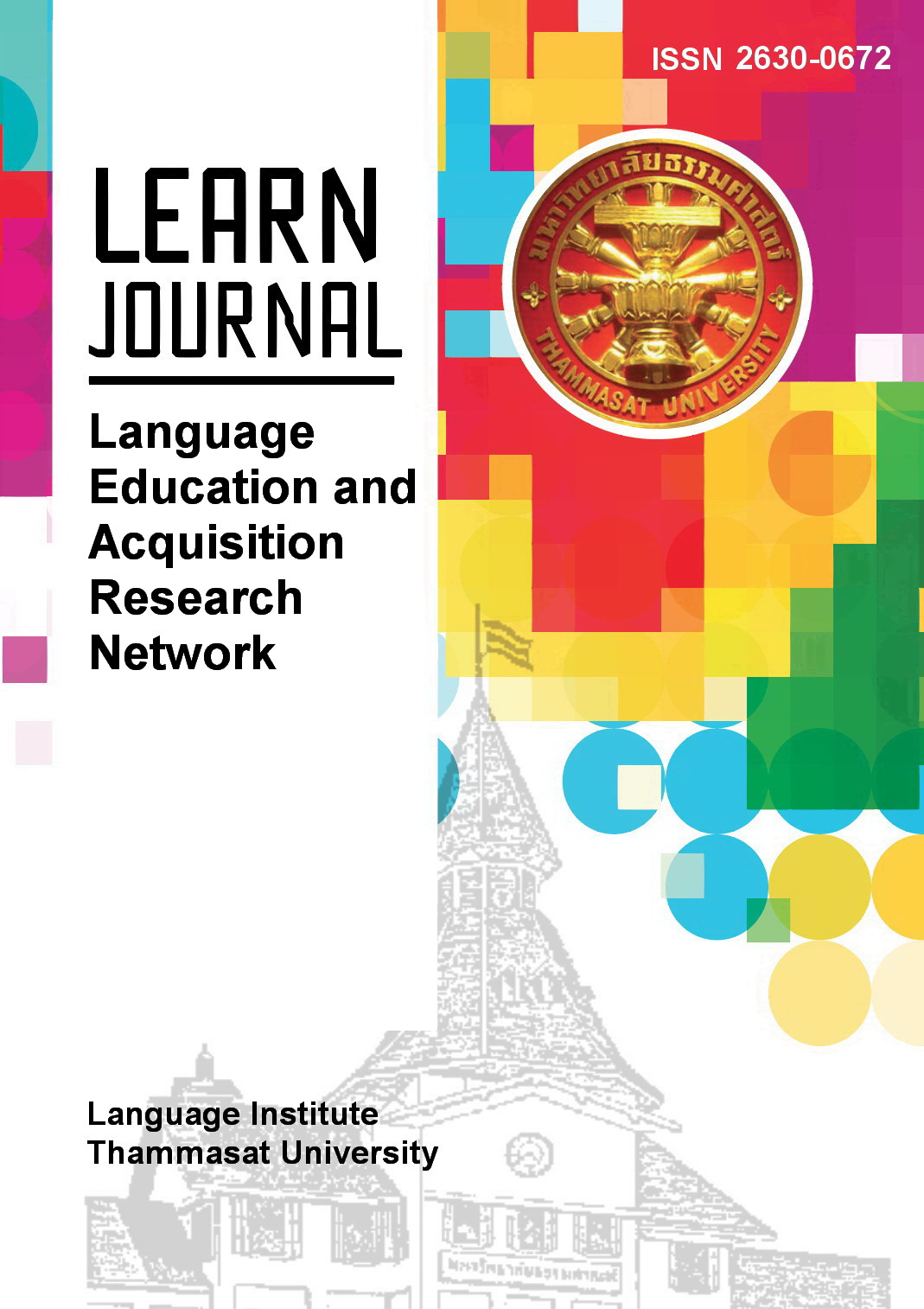Current ‘Shifts’ in English Language Teaching
Main Article Content
Abstract
In this article, I offer my observations of the epistemological shifts that have taken place in the TESOL discipline as a result of the inexorable forces of globalisation. Specifically, the article highlights how the multicultural, multilingual, and multimodal nature of communication in the 21st century has disrupted various assumptions on how English is conceptualised, learned, and taught, prompting a shift in disciplinary discourses from a modernist to postmodernist orientation. Readers will gain insights into how the TESOL discipline is increasingly aligning itself with discourses that endorse inclusive plurality, emphasize processes and practices, recognize the role of everyday contexts, promote situated pedagogy, and advocate agency-giving.
Article Details
References
Ahmadian, M. J., & Long, M. H. (2022). The Cambridge handbook of task-based language teaching. Cambridge University Press.
Canagarajah, S. (2015). TESOL as a professional community: A half-century of pedagogy, research, and theory. TESOL Quarterly, 50 (1), 7-41.
Darvin, R., & Norton, B. (2023). Investment and motivation in language learning: What’s the difference? Language Teaching, 56 (1), 29-40.
Kumaravadivelu, B. (2012). Language teacher education for a global society: A modular model for knowing, analysing, recognising, doing, and seeing. Routledge.
Li, W., & Garcia, O. (2022). Not a first language but one repertoire: Translanguaging as a decolonizing project. RELC Journal, 53 (2), 313-324.
Liu, D., & Nelson, R. (2018). Diversity in the classroom. In J. Liontas (Ed.), TESOL encyclopaedia of English language teaching (pp.585-590). Wiley-Blackwell.
Marlina, R. (2022). Changing Principles and Practices in Teaching Language Skills. In J. Liontas (Ed.), TESOL encyclopaedia of English language teaching (pp.1-15). Wiley-Blackwell.
Moorhouse, B., Wong, K.M., & Li, L. (2023). Teaching with technology in the post-pandemic digital age: Technological normalisation and AI-induced disruptions. RELC Journal, 54 (2), 311-320.
Ortega, L. (2014). Ways forward for a bi/multilingual turn in SLA. In S.May (Ed.), The multilingual turn: Implications for SLA, TESOL, and bilingual education (pp. 32-52). Routledge.
Selvi, A.F., & Yazan, B. (2021). Language teacher education for global Englishes: A practical resource book. Routledge.


